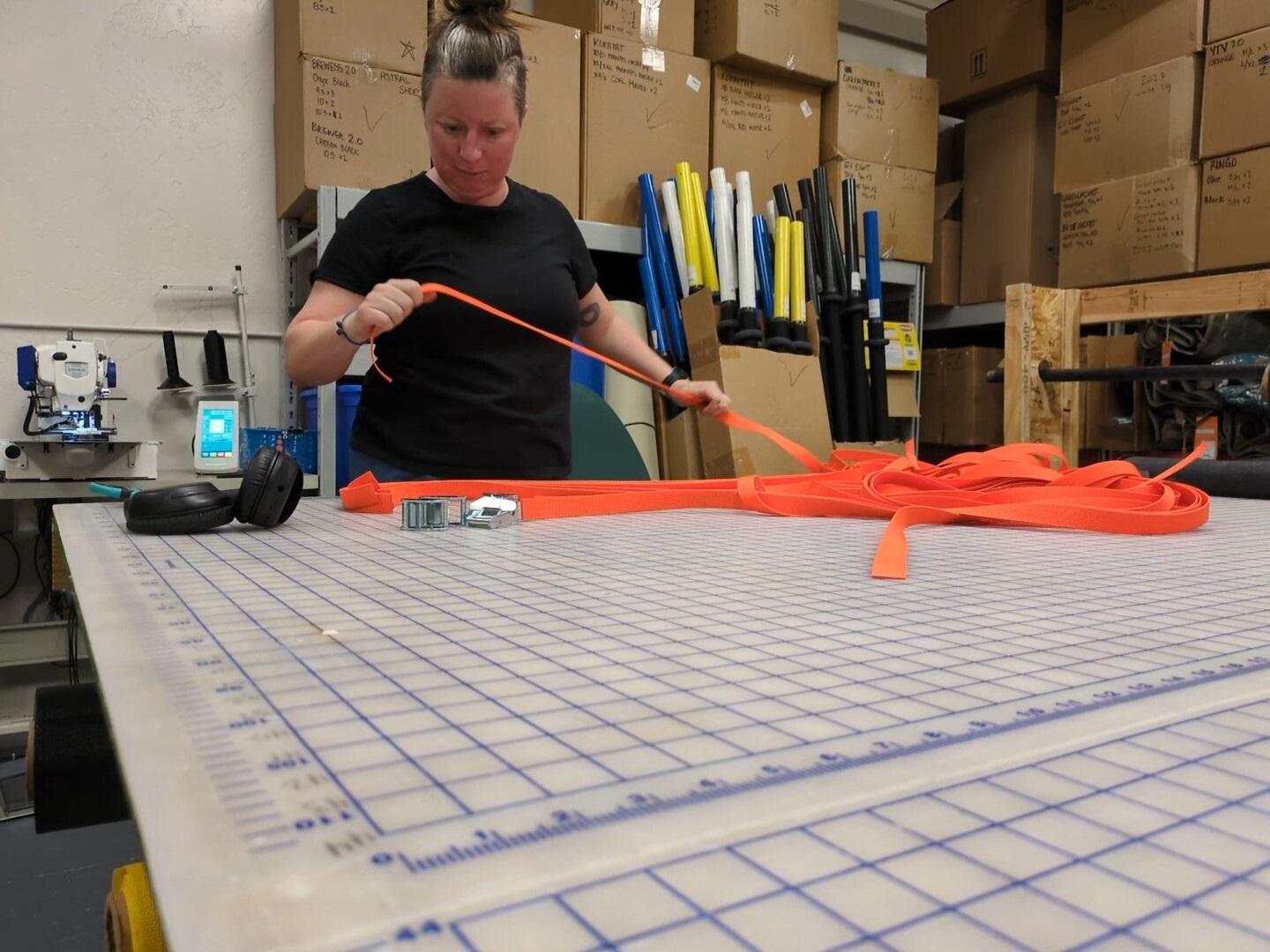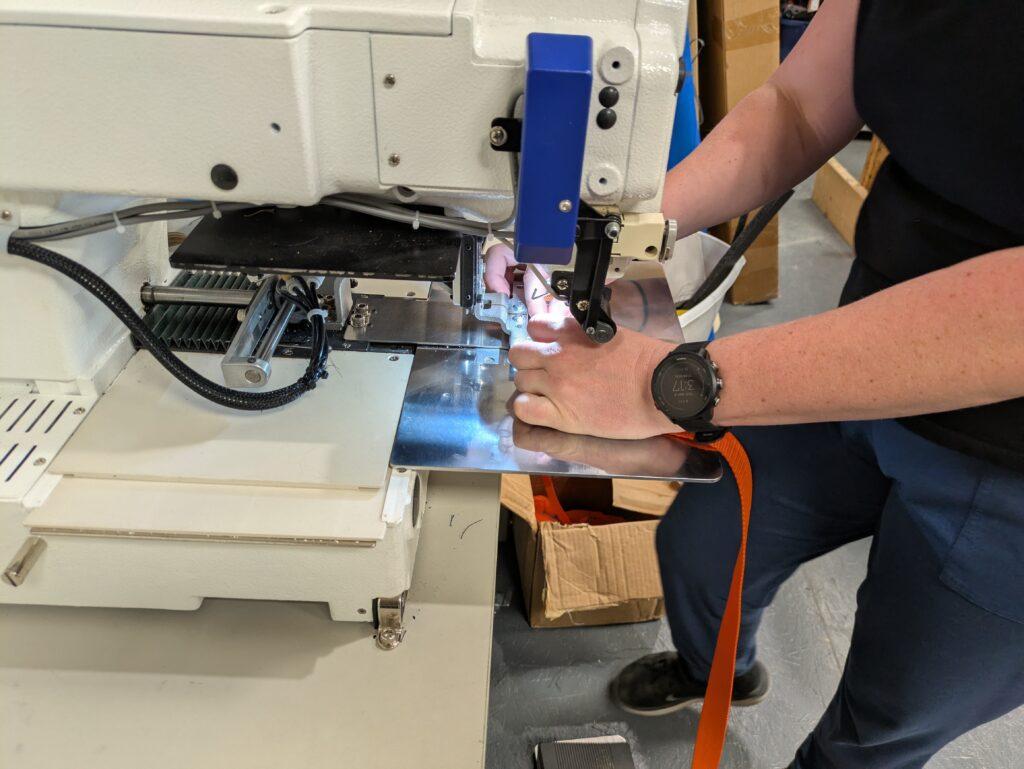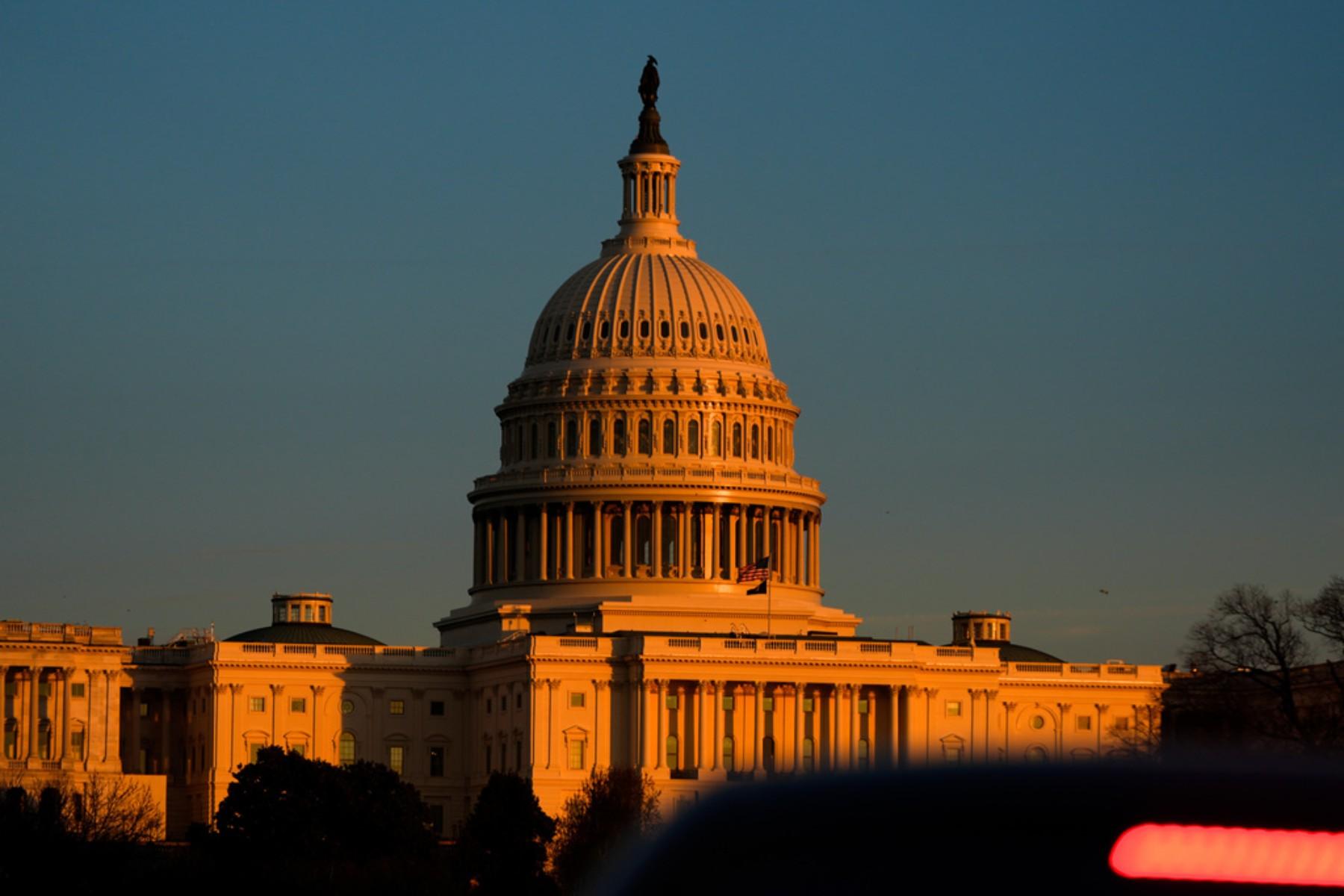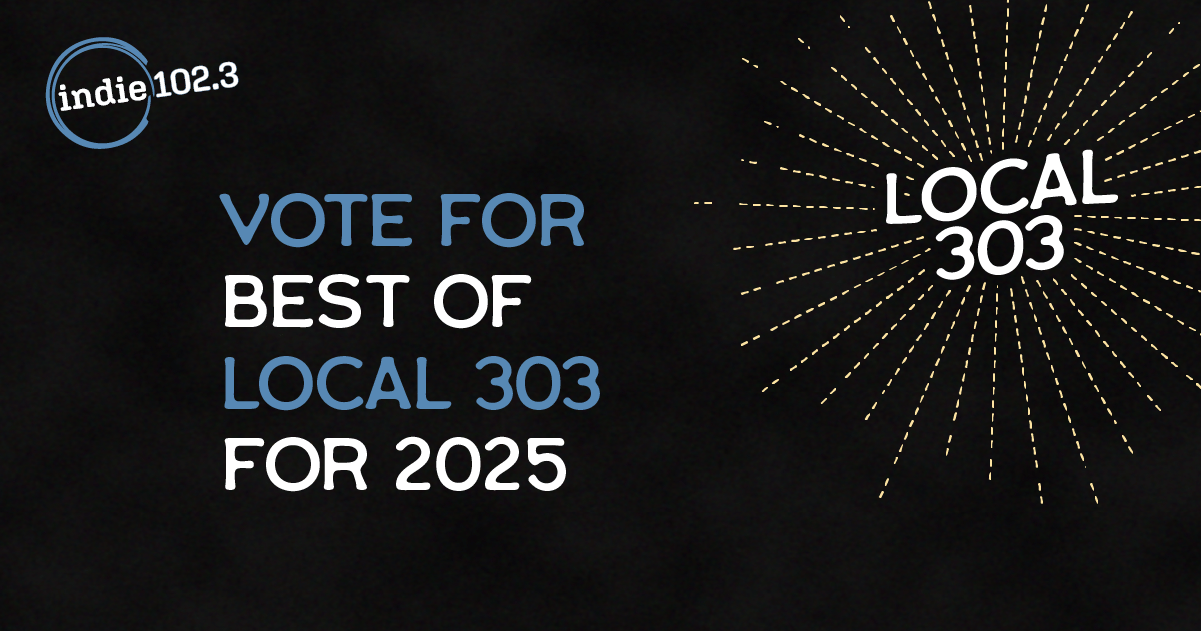
Bags made by Stiches ‘N Stuff in downtown Grand Junction go on journeys that might be 10 miles away on the Colorado River or almost 10,000 miles away on the Zambezi.
However, one element of the largely American-sourced bags meant for gear storage on white water rafts has been on a journey of its own: Cam buckles, made in China and intended to secure bags to raft frames, have been subject to tariffs that have bounced from 10 percent to 145 percent and back down to 30 percent.
“Previously we were paying less than a dollar on average for our zinc plated steel cam buckle. And our most recent order has gone up to about $1.16,” said co-owner Cole Hanson. The main part of their bags is an American-made fabric, meaning the tariffs are impacting only a small percentage of the overall product. But it’s enough to make a difference. “A few bucks there can really eat into the bottom line and it's difficult to do mid-season price changes. It doesn't make anybody happy, including us.”
In the southwest corner of the state, Thor Tingey, CEO of Alpacka Raft, is faced with similar questions. More than 90 percent of the pack rafts he produces comes from American materials before being assembled in Mancos, Colorado. But the massive global tariffs announced by President Trump, and then later paused for 90 days, could impact the few parts sourced from abroad, like zippers from Germany or valves from Sri Lanka.
Tingey said it’s hard to project how an announcement on a Tuesday could affect prices on a Friday.
“That's not the business cycle. People are placing orders now for stuff that they're going to probably see, at the earliest, mid-summer and more likely next fall,” Tingey said. “ But as we run out the runway on product on hand and things like that, I think other businesses, that's where you're going to start to see things … It hasn't hit us yet. I don't know if it'll hit us. Maybe we're winners because we are domestically sourced and domestically manufactured, but I have no eggs in any baskets.”
So far, Tingey is hard pressed to see too many negative impacts of the tariffs. His boats are made locally from domestic products for the most part. But his pack rafts are among the most coveted in the industry, which means, just like Stiches ‘N Stuff bags, it’s possible to spot a Mancos-made Alpacka Raft on just about any navigable river in the world. Which means, TIngey said, Alpacka does face concern over reciprocal tariffs imposed by other countries, pushes not to buy American products and a new administrative wrinkle. This has been particularly true with products going to Canada, where Alpacka sends most of its international shipments.
“We are already seeing shipments requiring a ton more documentation and stuff like that. So before, every time we do a shipment internationally, we have to prepare customs documentation saying what the package is, what's the tariff code, the value,” Tingey said. “There's always fees associated with that that the end customer doesn't love. Well, now, on top of those fees, we're getting a lot more requests for more information rather than just the tariff code, which refers to a very generic category like inflatable rafts. They're like, ‘Well, why is this an inflatable raft?’ And they want to know exactly how we arrived at the tariff code with sporting documentation and certificates of origin and things like that. That definitely adds administrative headache on our end.”

Those changes started in the last few weeks, Tingey said. Alpacka would receive an email from the company they ship through alerting them to the hold at customs, with instructions to provide more information within 48 hours.
Hanson said the predominant tone he’s heard from colleagues in the industry is a collective shrug about what to do. This is particularly true of companies that get materials from China, where tariffs had been more than 100 percent before Trump paused those.
“Most everybody that is sourcing finished product from overseas is doing on average a 10% mid-season price increase,” Hanson said, based on conversations with a trade coalition that deals with paddle sports. “And then the rest of the folks are in kind of a wait and see at this point in time.”
Whether or not Tingey’s pack rafts see a boon because of the federal government’s new policies intended to favor domestic manufacturing remains to be seen. Plenty of raft companies do manufacture abroad, therefore making them more susceptible to increased tariffs. Tingey favored a Made in America approach, though his decades of actually doing that have driven home how hard that can be.
“I have a big passion for manufacturing here. It's something that I care about. I care about my employees,” he said. “Ten years ago I was way more strongly anti-making things elsewhere. I've kind of softened on that to some degree. That doesn't mean I still don't really see the value in manufacturing here. And so I like to see industrial policy that favors manufacturing in the United States, but I do have concerns that I think it's been really kind of whipsaw the way it's come down and that's difficult right now.”
Funding for public media is at stake. Stand up and support what you value today.









